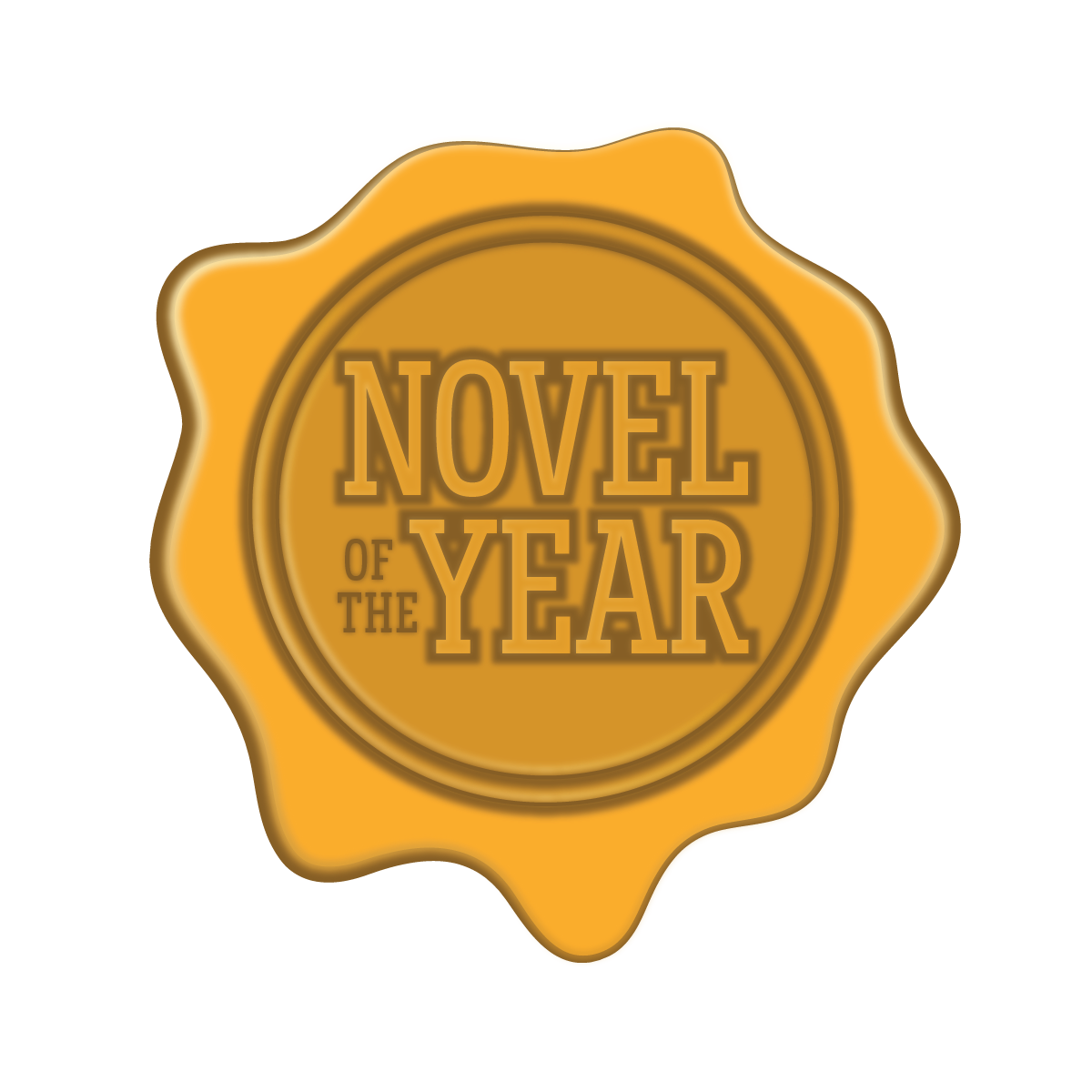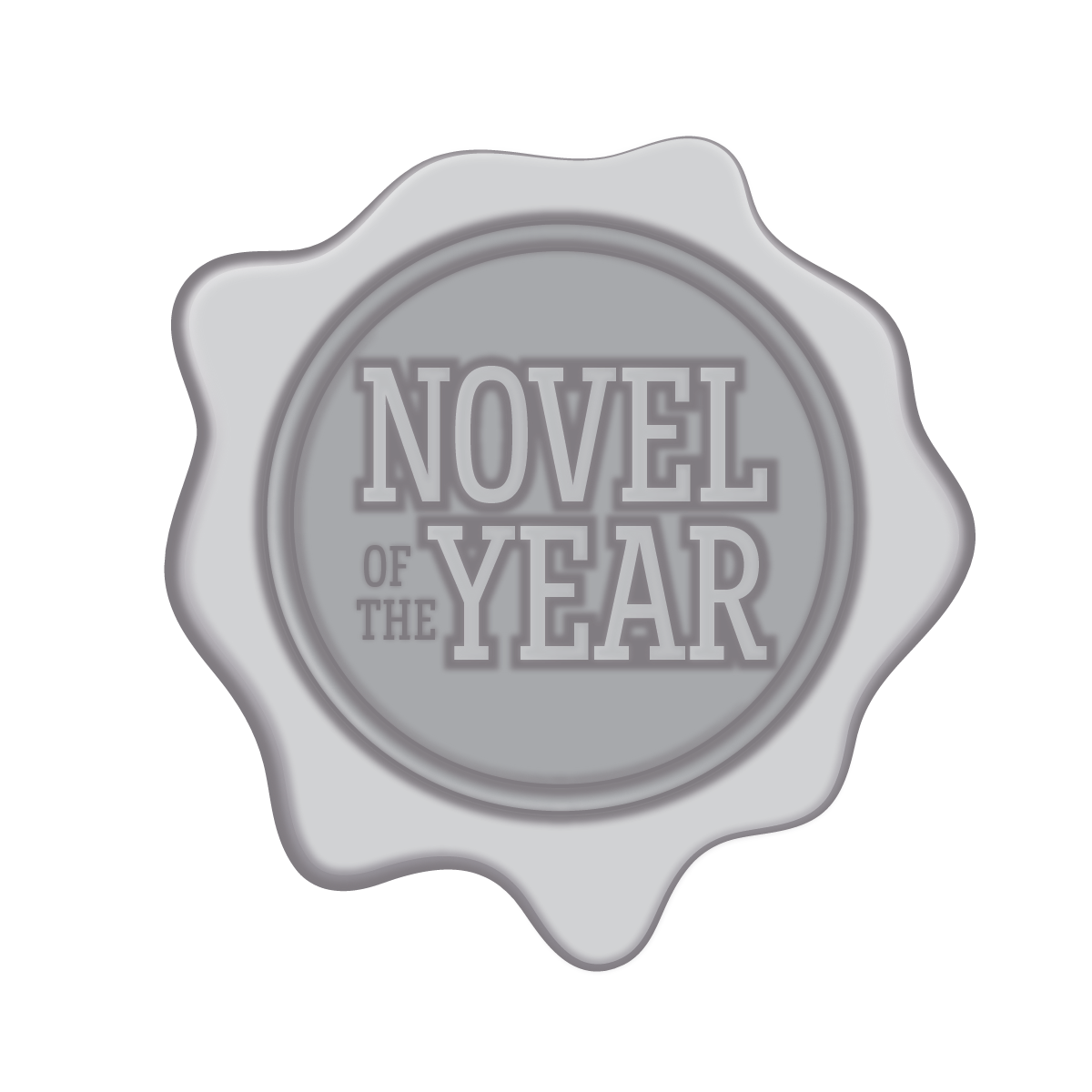The Rundown
The Recommendation
The Rating
The Links
The Reviewer
Steve Wetherell
Visit Steve Wetherell‘s website.The rise of indie publishing has, for better or worse, entirely disrupted the traditional avenues of writing careers. A decade or so on and the echoes of the self-publishing boom are still reverberating loudly. It’s easy to forget that we’re in uncharted territory, and while many of the truisms of traditional publishing success aren’t going anywhere, we are all still striving to find new pathways.
In situations like this it’s easy to feel a little isolated, and the temptation to reach out to other indie writers is strong. You’ve probably already ran into tons of writer groups, and came across tons of “How To Be Successful in Self Publishing” books (the first lesson found therein usually being “Write a Book About How To Be Successful in Self Publishing.)
Many of you have no doubt found yourselves attached to like-minded writers, and maybe even found yourselves writing under a banner, rather than as a lone wolf. I myself have done this a couple of times, and I’d like to share with you my experiences, so that I can help you decide wether you’re a dangerous maverick renegade, or belong on a team of dangerous maverick renegades.
Advantage Number One: Education
I’m going to start by saying that for a new start writer, joining a team is probably the best thing you can do. Assuming the team is close knit and has a respectable amount of experience, you’ll find yourself learning a lot from other people’s triumphs and failures. Everything from cover design to formatting, from how to approach agents to how to work with an editor. You’ll quickly find that writers love a dedicated chat room to vent about their experiences with like-minded people, and as a newbie you’ll be able to soak it all up like a vampiric sponge.
Sure, maybe the group you’re in isn’t packed to the rafters with best sellers (in fact, almost certainly not) but assuming therefore that you can't learn from them is pure arrogance, and you should chastise yourself immediately. Loudly. In public.
The shared common experiences and varied approaches will help you find out what works for you and what doesn’t. You’ll quickly find that what might be right for you, may not be right some, and that’s all part of building yourself up as a writer. Also you now have that theme tune stuck in your head.
Potential Con: Unfortunately, advice comes with people attached, and if you’re with the wrong people it doesn’t matter how good the knowledge on offer is. Ever been put off an entire subject because of a bad teacher? You’ll need to make sure you’re in a group that you get along with, or at least have a healthy amount of respect for. I’ve seen well meaning advice go completely unheeded because two people didn't know how to talk to each other. Humans are tricky, so that sort of guff can’t be avoided, but just be aware that how well you get along with a group is just as important as what they have to offer, experience wise.
Advantage Number Two: Moral Support
To decide to be a writer is to shake hands with failure. You’re going to have promotions that don’t go anywhere, books that don’t sell (or don’t even get written) and reviews that make you want to lay down in traffic. I always feel a little pretentious suggesting that non-writerly folks don't understand what this feels like, but I strongly suspect that this is true. Therefore, belonging to a group of writers whom you know on a more than Some Guy On A Forum level is a god send. You want someone you can bounce your uncertainties off. You want someone to tell you that this, while sucking immensely, is all normal and will pass. You want someone to talk you down off the ledge of giving up entirely. A good group will be there for you when you need them.
Don’t be too much of a Debbie Downer, though. Support is a two way street, and if you’re not prepared to give it, you shouldn’t expect to receive it.
Potential Con: Much as moral support is great, you never want your group to become nothing more than a support group for frustrated writers. In all aspects of life, purely addressing the negative is a surefire way to get stuck in a rut. Make time for for the pity party when it’s needed, but if these sessions aren’t frequently punctuated by someone clapping their hands and saying “Welp, back to it,” you may as well break out the eyeliner and hair mouse and hang around the graveyards listening to Morrissey.
Advantage Number Three: Promotion, Promotion, Promotion
This is the meat of it, and this is why most writer groups are formed. Strength in Numbers. Promoting by yourself is hard. You have one voice and one platform. Combining the voices and platforms of others gives you a fighting chance. The idea begins that ten writers with a hundred hard core fans each will have a thousand potential fans if they all help promote each other. It doesn't always work out that way, of course, but the theory is sound. In the same way you might buy an unproven comic because it’s Marvel, or watch an unproven movie because it’s Tartan Asia Extreme, so too might a reader buy a book because they enjoyed other books under the Cabal of Fearless Indie Authors banner.
A good group should have at least a little bit of a shared identity, some common ground that allows them to effectively cross pollenate their fan bases. Maybe genre, maybe attitude, maybe something as basic as all being Christian, or Taoists or whatever. Having a unifying theme will help you to promote each other to the common interests of a larger reader base. If your group doesn't have this, I guarantee it will run out of steam pretty quickly. Practical promotion opportunity should be at the heart of every alliance.
Potential Con: “Get what you give” should be the unspoken motto of all such promotional arrangements. If someone makes the effort to like and share you promotions, you damn well make the effort to do likewise to them. If you worry about clogging up your social media feed, or that you only share things you really believe in, that’s great. That’s formidable. But if you view your colleague’s work as not worth sharing, then why the hell are you in a group with them? If you think their promotions are boring- help them. If you think their writing sucks- again, you’re in the wrong group. If you’ve joined a group where mutual promotion is the unspoken rule, and you refuse to hold up your end of the bargain, you are either a shyster or a schmuck. Don’t be those things.
Advantage Number Four: Motivation
If you’re part of a good group, eventually someone will suggest a collaborative effort. It might be a launch party, an anthology, a group podcast- anything. This will, at the very least, present you the opportunity to try something outside of your comfort zone. My experiences in following the lead on group projects have always been positive, letting me test unfamiliar waters and finding out how well I swim.
Chiefly, though, these projects and the invitations to join them keep you fighting fit. For some of us, especially those who write around work, family and Netflix (most of us,) having a reason to do a little extra and hit a tangible goal is a great motivator. If you’re part of a good group, you’ll appreciate the opportunity to step up to the plate, regardless of whether you strike out or not.
Potential Con: This is where you find out if you’ve joined the right group or not, because you’re putting your name on something here. You’re all that you hang with, as they say. If you think the anthology you’re part of is mostly crap, it may be time for you to move on. If it turns out all your group are passionate vegans, and all you write about is how much you enjoy eating cows, you may be on the wrong podcast.
Make sure you’re in a group you can get behind and are happy to put your name against. This isn't a case of thinking you’re better than your colleagues, it’s just about being fair to yourself, and your readers and their expectations. You have to believe in what you’re doing, otherwise why should anyone else?










